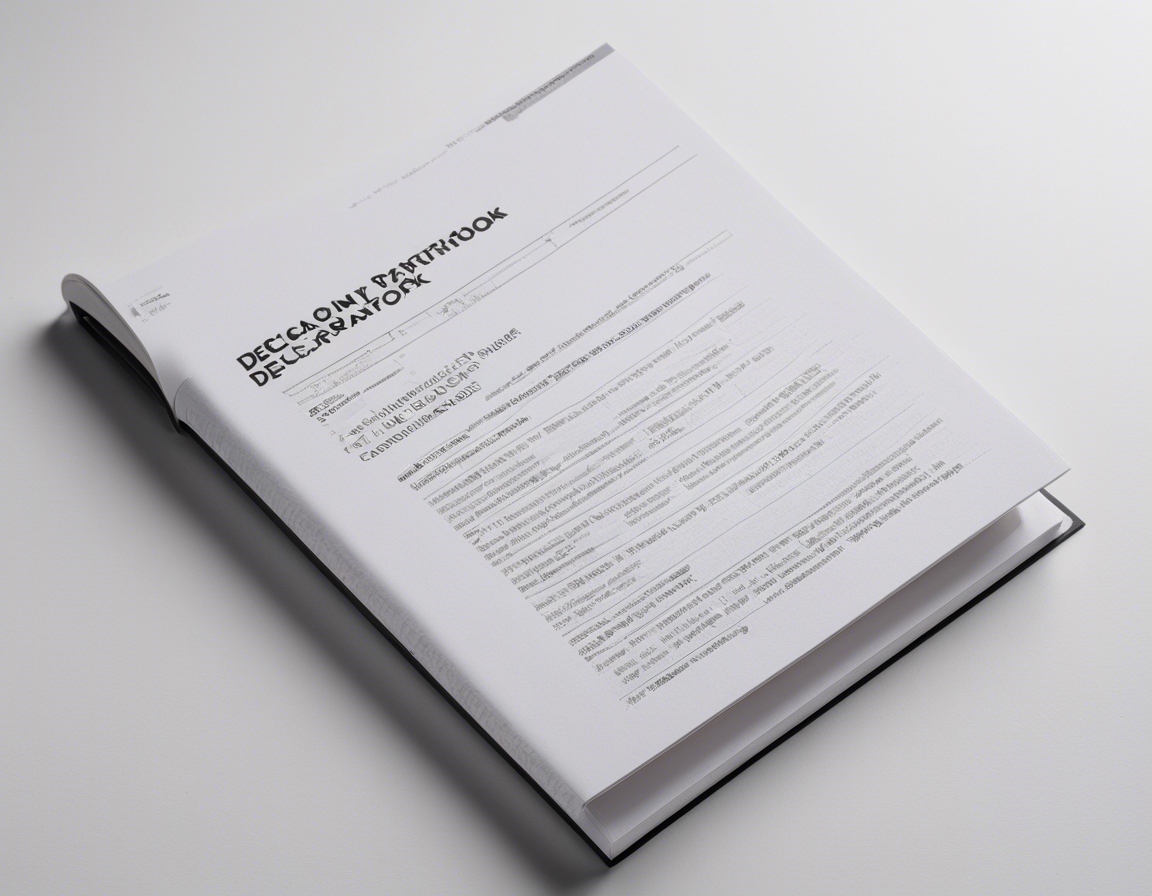The ultimate guide to efficient payroll processing for startups
For startups, establishing a solid payroll system is crucial for both legal compliance and employee satisfaction. Payroll processing involves managing the financial records of employees, including salaries, wages, bonuses, deductions, and net pay.
Efficient payroll processing ensures timely and accurate payment to employees, adherence to tax laws, and can significantly reduce the potential for costly errors. It also frees up valuable time for startups to focus on growth and development.
Setting Up Your Payroll System
Selecting the appropriate payroll software is vital for startups. The software should be scalable, user-friendly, and compliant with tax regulations. It should also offer features like direct deposit, tax filing, and integration with other financial systems.
Startups must understand the various payroll taxes they are responsible for, including federal, state, and local taxes. Compliance with employment laws and regulations is non-negotiable to avoid penalties.
Accurate employee data is the foundation of the payroll process. Startups need to collect and maintain up-to-date information such as tax identification numbers, withholding certificates, and employment eligibility verification.
Running Payroll: Step-by-Step
Calculating payroll involves determining gross pay, accounting for deductions, and calculating net pay. This process can be automated with the right software to ensure accuracy and efficiency.
Once calculations are complete, payments can be processed via direct deposit, checks, or payroll cards. Timely and accurate payment distribution is critical for maintaining trust with employees.
Proper reporting and record keeping are essential for audits and compliance. Payroll records should include time sheets, wage calculations, tax filings, and proof of payments.
Common Payroll Challenges for Startups
With the rise of remote work, startups must navigate the complexities of managing payroll across different jurisdictions, each with its own tax laws and regulations.
Regulatory changes can happen frequently, and startups must stay informed and adapt their payroll processes accordingly to remain compliant.
Integrating payroll with accounting, HR, and time tracking systems can streamline processes and reduce errors, but it requires careful planning and execution.
Best Practices for Payroll Efficiency
Automation can save time, reduce errors, and improve compliance. Startups should leverage technology to automate as much of the payroll process as possible.
Conducting regular payroll audits can help identify and correct errors early. Keeping payroll software updated ensures that the system remains secure and compliant with the latest tax laws.
Implementing an employee self-service portal allows employees to view their pay stubs, tax forms, and personal information, reducing the administrative burden on startups.
Outsourcing Payroll: Pros and Cons
Outsourcing payroll can be a strategic move for startups that lack in-house expertise or resources. It can provide access to expert knowledge and technology, but it's important to weigh the costs and benefits.
When selecting a payroll service provider, startups should consider factors such as cost, services offered, customer support, and the provider's track record with similar-sized businesses.






Comments (0)